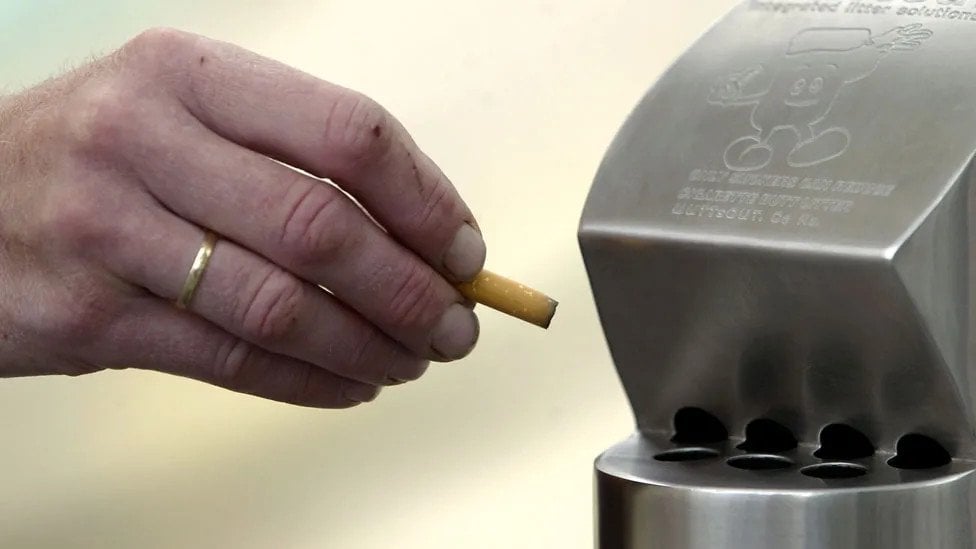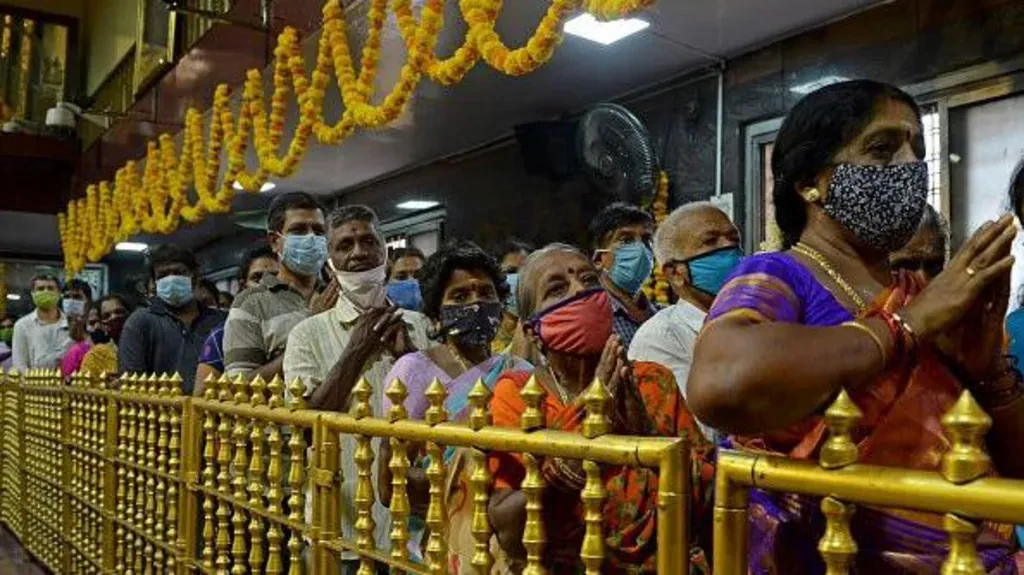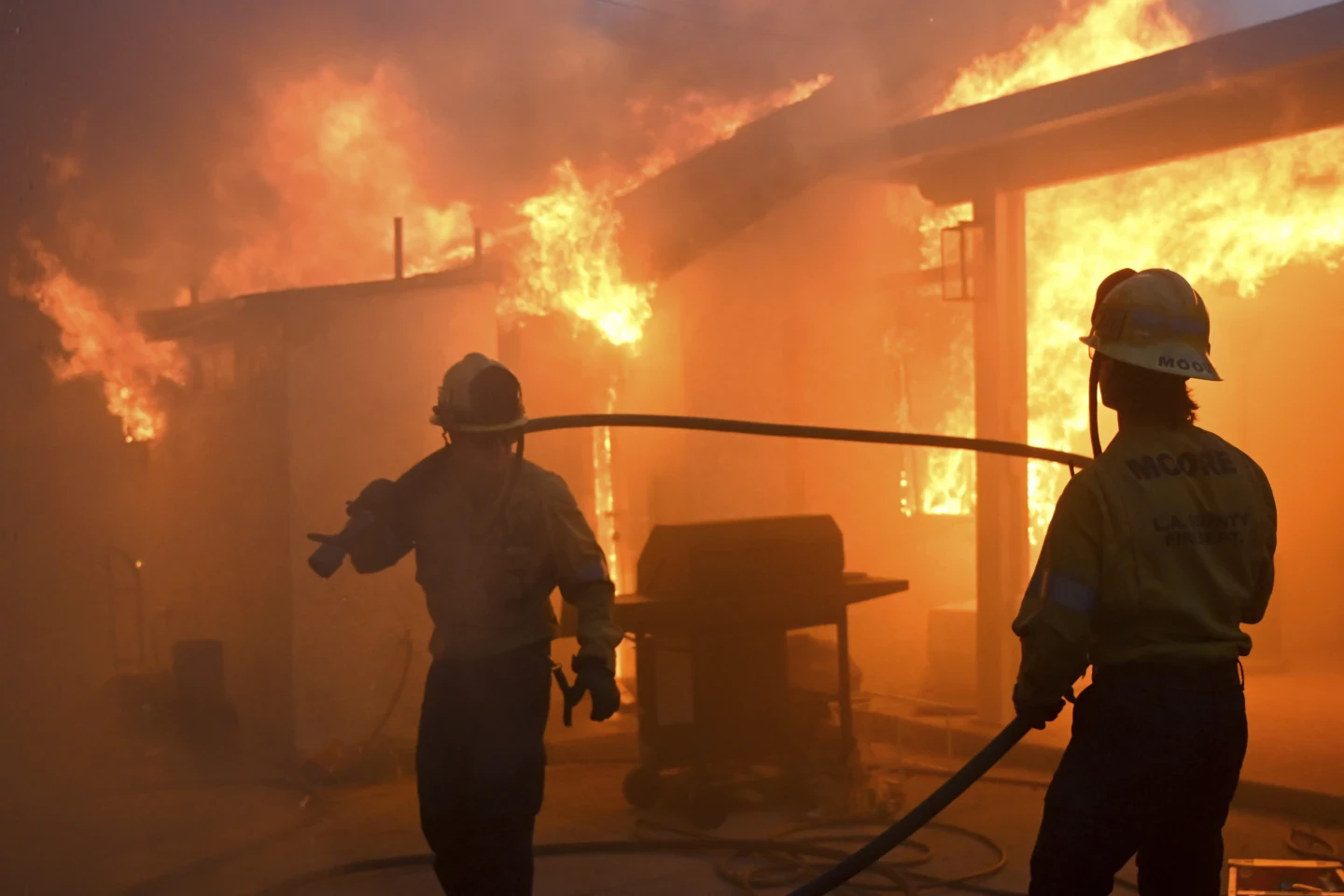New Zealand smoking ban: Health experts criticise new government's shock reversal

Nov 27: New Zealand's new government says it plans to scrap the nation's world-leading smoking ban to fund tax cuts.
The legislation, introduced under the previous Jacinda Ardern-led government, would have banned cigarette sales next year to anyone born after 2008.
Smoking is the leading cause of preventable deaths in New Zealand, and the policy aimed to stop young generations from picking up the habit.
Health experts have strongly criticised the sudden reversal.
"We are appalled and disgusted... this is an incredibly retrograde step on world-leading, absolutely excellent health measures," said Prof Richard Edwards, a tobacco control researcher and public health expert at the University of Otago.
"Most health groups in New Zealand are appalled by what the government's done and are calling on them to backtrack," he told the BBC.
The legislation passed last year had been acclaimed internationally with research models backing the key reforms.
Measures included restricting the number of tobacco retailers and reducing the level of nicotine in cigarettes.
Modelling had suggested the Smokefree laws could save up to 5,000 lives each year.
New Zealand's laws were believed to have inspired the UK government in September to announce a similar smoking ban for young people. A spokeswoman said Prime Minister Rishi Sunak's position remained unchanged after New Zealand's reversal.
While it has been praised as a public health policy, the Smokefree measures drew opposition from some business groups in New Zealand. Owners of newsagents and corner shops criticised the loss of revenue - even with government subsidies.
Some lawmakers - including the new Prime Minister Chris Luxon - also argued a ban would lead to a black market for tobacco.
However, his National party, which won 38% of the vote in the 14 October election, hadn't mentioned the Smokefree laws during election campaigning. The announcement by the new finance minister Nicola Willis on Saturday that the government would repeal the laws shocked health experts who believed the policy would be untouched.
But Ms Willis said National's partners in the governing coalition- the populist New Zealand First and libertarian Act - had been "insistent" on reversing the laws.
Despite election victory, the centre-right National Party has struggled for weeks in policy negotiations to form a government with the two minor parties.
A deal was only agreed to on Friday, six weeks after the election, allowing the new government to be sworn in on Monday. New Zealand First - which won 6% of the vote - had been the only party to campaign on repealing the smoking laws.
Both minor parties blocked a flagship National policy to open up foreign property ownership - which the party had been relying on to fund tax cuts for middle and higher-income earners. Ms Willis said on Saturday that had led to the party looking elsewhere.
"We have to remember that the changes to the Smokefree legislation had a significant impact on the government books, with about a billion dollars there," she told New Zealand broadcaster TV3's Newshub Nation.
The laws still need to be actively repealed through parliament, where the government has a majority.
"The suggestion that tax cuts would be paid by people who continue to smoke is absolutely shocking," Emeritus Prof Robert Beaglehole, chair of New Zealand's Action for Smokefree 2025 committee told Pacific Media Network.
A national Māori health organisation, Hāpai Te Hauora, called it an "unconscionable blow to the health and wellbeing of all New Zealanders".
Smoking rates, and associated disease and health issues, are highest among New Zealand's indigenous Māori population, for whom experts had said the policy would have the most positive impact.
"The government is flying in the face of public opinion and obviously in the face of the vast majority of people who work in this field, health professionals, doctors, nurses," said Prof Edwards.
Public health modelling conducted in 2022 had shown the Smokefree policy would have saved New Zealand's health system about NZ$1.3bn (£630m; $790m) over the next 20 years.
New Zealand still aims to reduce its national smoking rate to 5% by 2025, with the aim of eventually eliminating it altogether.
More than 80,000 adults have quit in the past year, its national data shows. Currently, about 8% of its adult population smokes.
(BBC)










Leave Comment